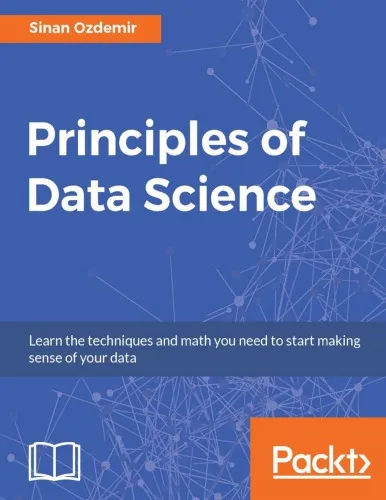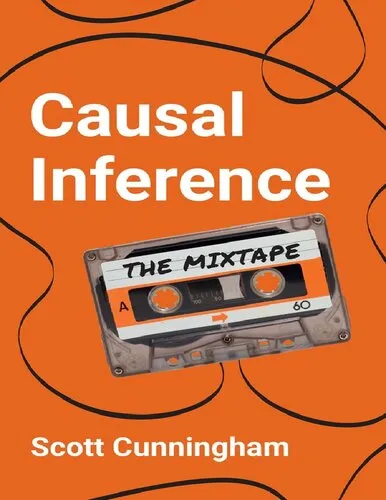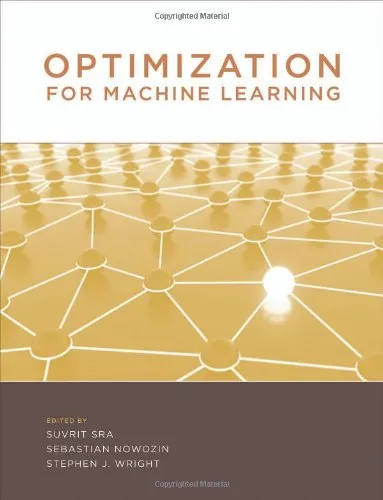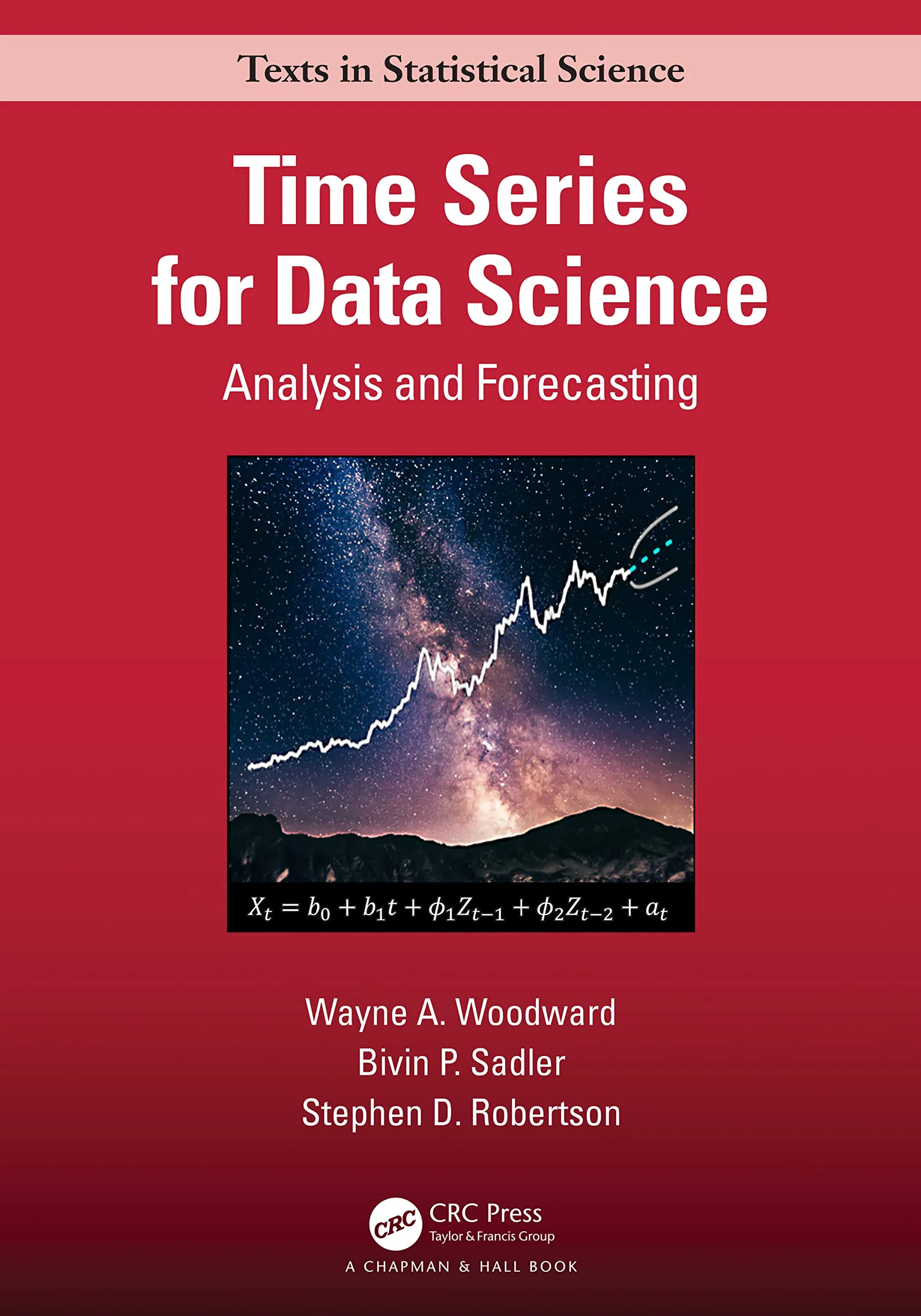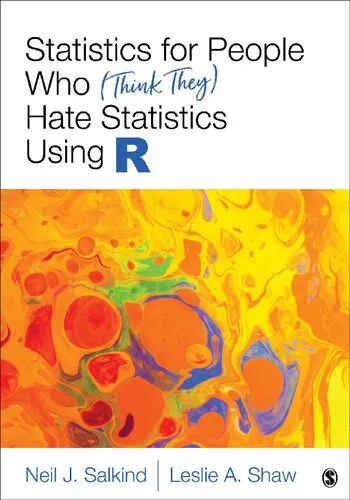Responsible Data Science
4.5
بر اساس نظر کاربران

شما میتونید سوالاتتون در باره کتاب رو از هوش مصنوعیش بعد از ورود بپرسید
هر دانلود یا پرسش از هوش مصنوعی 2 امتیاز لازم دارد، برای بدست آوردن امتیاز رایگان، به صفحه ی راهنمای امتیازات سر بزنید و یک سری کار ارزشمند انجام بدینکتاب های مرتبط:
معرفی کتاب "Responsible Data Science"
کتاب "Responsible Data Science" توسط Grant Fleming و Peter C. Bruce نوشته شده است و به موضوعی محوری و ضروری میپردازد: مسئولیتپذیری در علم داده. در دورانی که دادهها به عنوان یکی از با ارزشترین داراییهای بشری شناخته میشوند، استفاده صحیح و اخلاقی از علم داده اهمیتی چندبرابر پیدا کرده است. این کتاب راهنمایی جامع و کاربردی برای متخصصان، محققان و هر کسی است که با دادهها سر و کار دارد.
خلاصهای از کتاب
کتاب "Responsible Data Science" به بررسی چالشهای پیچیده و چندبعدی مرتبط با کاربرد علم داده میپردازد. این کتاب فراتر از تکنیکها و الگوریتمهای متداول، به سوالات بنیادینتری چون عدالت، شفافیت، حریم خصوصی و جامعهپذیری میپردازد. نویسندگان تلاش کردهاند تا مسائل مرتبط با تصمیمگیری دادهمحور (data-driven decision making) را از منظر اخلاقی و اجتماعی موشکافی کنند.
در فصلهای اولیه، نویسندگان مفاهیم کلیدی مانند biases، fairness و explainability را توضیح داده و نمونههایی از نحوه تأثیرگذاری این عوامل بر دنیای واقعی ارائه میدهند. سپس، به مقولههایی مانند معیارهای ارزیابی مدلها، رعایت حریم خصوصی با ابزارهایی همچون differential privacy، و چالشهای مرتبط با مدیریت دادهها در مقیاس بزرگ پرداخته میشود.
محور اصلی کتاب بر مسئولیتپذیری متمرکز است. برای مثال، هیچ مدل یادگیری ماشین (machine learning) نمیتواند کاملاً مستقل از رفتارهای انسانی یا تاریخی باشد. این کتاب تلاش میکند متخصصان علم داده را به سمت آگاهی بیشتر و تصمیمگیری مبتنی بر ارزشهای انسانی هدایت کند.
نکات کلیدی
- درک عمیق از مفاهیم مربوط به fairness و شناسایی biasهای الگوریتمی.
- شیوههای پیادهسازی explainability برای مدلهای پیشرفته، مانند مدلهای مبتنی بر deep learning.
- استفاده از ابزارها و روشهای پیشرفته برای حفظ حریم خصوصی کاربران.
- راهنمایی جهت ارزیابی تأثیرات اجتماعی پروژههای دادهمحور.
- بحث در مورد اصول اخلاقی در مواجهه با دادههای حساس و حساسیتبرانگیز.
جملات معروف از کتاب
"Data science is not just about algorithms; it's about people, their rights, and the broader social impacts."
"Without responsible practices, the data revolution may harm the very societies it seeks to empower."
"Fairness is not an afterthought; it's the core of ethical data science."
چرا این کتاب اهمیت دارد؟
با گسترش روزافزون کاربردهای علم داده در حوزههایی نظیر مراقبتهای بهداشتی، قوه قضاییه، آموزش و تبلیغات، اهمیت رعایت اصول اخلاقی و مسئولیتپذیری بیش از پیش مشخص میشود. استفاده نادرست از دادهها و الگوریتمها میتواند منجر به نتایج آسیبزا و ناعادلانه شود. این کتاب نه تنها متخصصان علم داده را نسبت به چالشها آگاه میکند، بلکه دستورالعملهایی عملی برای غلبه بر این چالشها ارائه میدهد.
به نوعی میتوان گفت این کتاب پلی میان دانش فنی علم داده و مسئولیت اجتماعی است. اگرچه مهندسین و دانشمندان داده نقش مهمی در توسعه فناوری دارند، اما باید بدانند که تصمیمات آنها چگونه بر جامعه تأثیر میگذارد. مطالعه کتاب "Responsible Data Science" میتواند به افراد کمک کند فراتر از صرفاً موفقیت در پروژههای فناوری، به ارزشهای انسانی و اجتماعی توجه کنند.
Welcome to Responsible Data Science, a book that explores the ethical, sustainable, and responsible approach to harnessing the immense potential of data science. In today's rapidly evolving world where data drives decisions, automates processes, and defines societal change, a responsible framework for handling this powerful tool is no longer optional—it is a necessity.
Summary of the Book
The book, Responsible Data Science, acts as both a guide and a call to action for professionals, researchers, policymakers, and anyone working with data to adopt ethical and responsible practices. Through engaging discussions, real-world examples, and actionable frameworks, the book bridges the gap between technical implementation and the societal impact of data science. Central to the book is the fundamental idea that data science should not just be about accuracy or performance but also about trust, fairness, and accountability.
The text highlights critical issues such as algorithmic bias, privacy concerns, transparency, and inclusivity. While data science has proven to be transformative in industries ranging from healthcare to finance, the ethical dilemmas it presents are becoming increasingly apparent. The authors provide readers with practical tools to navigate these challenges, such as strategies for de-biasing datasets, creating interpretable models, and implementing robust data governance frameworks.
Written with a focus on accessibility, the book caters to both technical and non-technical audiences. Whether you're an experienced data scientist or someone who manages data-driven projects, Responsible Data Science equips you with the knowledge and mindset to use data for good while mitigating harm.
Key Takeaways
- Understand the ethical challenges associated with modern data science applications and ways to address them.
- Learn the importance of algorithmic transparency and fairness in building trustworthy systems.
- Explore frameworks and methodologies for achieving responsible AI and machine learning practices.
- Discover practical tools to measure and reduce biases in datasets and models.
- Foster an organizational culture that prioritizes responsible data use.
Famous Quotes from the Book
"With power comes responsibility, and the power of data science lies in what it can reveal—both about the world and about ourselves."
"Creating algorithms is not where the responsibility ends; it’s where it begins."
"Bias in data is not a flaw in the system; it is a reflection of societal realities that data professionals must consciously address."
Why This Book Matters
The ever-growing field of data science has transformed industries, but it has also raised pressing moral and ethical questions about fairness, accountability, and inclusivity. By addressing these issues head-on, Responsible Data Science empowers readers to not only become better data practitioners but also responsible stewards of this transformative technology.
The book highlights that the future of data science relies on a commitment to responsible practices. It asks questions such as: How do we prevent algorithmic bias? How do we protect individuals' privacy in a world of ubiquitous data collection? And how do we ensure that machine learning models do not perpetuate existing inequalities?
By focusing on these critical questions, the book ensures that the tools and techniques of data science serve the common good rather than reinforcing harmful patterns. It acts as a playbook for professionals who believe in shaping a more just and equitable world using the transformative power of data.
دانلود رایگان مستقیم
شما میتونید سوالاتتون در باره کتاب رو از هوش مصنوعیش بعد از ورود بپرسید
دسترسی به کتابها از طریق پلتفرمهای قانونی و کتابخانههای عمومی نه تنها از حقوق نویسندگان و ناشران حمایت میکند، بلکه به پایداری فرهنگ کتابخوانی نیز کمک میرساند. پیش از دانلود، لحظهای به بررسی این گزینهها فکر کنید.
این کتاب رو در پلتفرم های دیگه ببینید
WorldCat به شما کمک میکنه تا کتاب ها رو در کتابخانه های سراسر دنیا پیدا کنید
امتیازها، نظرات تخصصی و صحبت ها درباره کتاب را در Goodreads ببینید
کتابهای کمیاب یا دست دوم را در AbeBooks پیدا کنید و بخرید
1568
بازدید4.5
امتیاز0
نظر98%
رضایتنظرات:
4.5
بر اساس 0 نظر کاربران
Questions & Answers
Ask questions about this book or help others by answering
No questions yet. Be the first to ask!
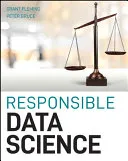


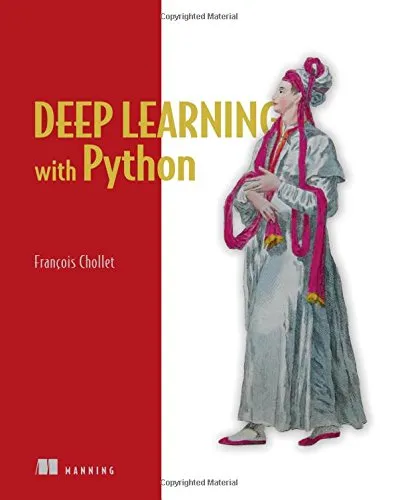
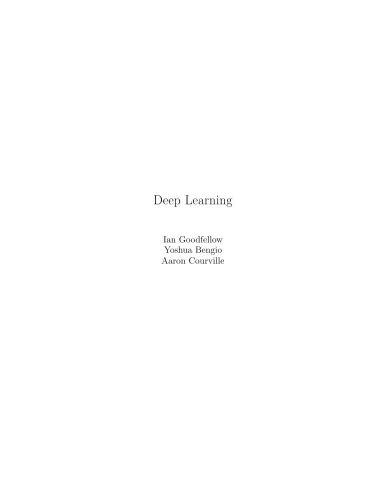
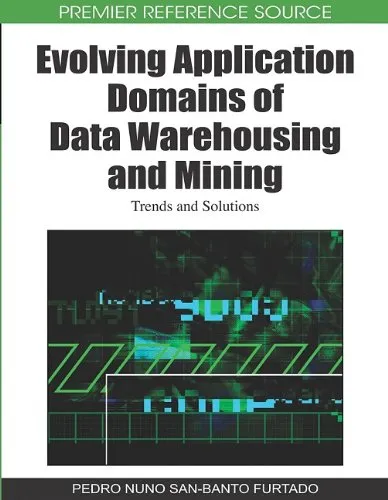
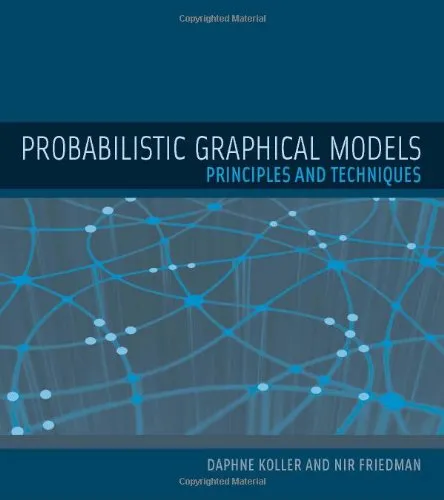
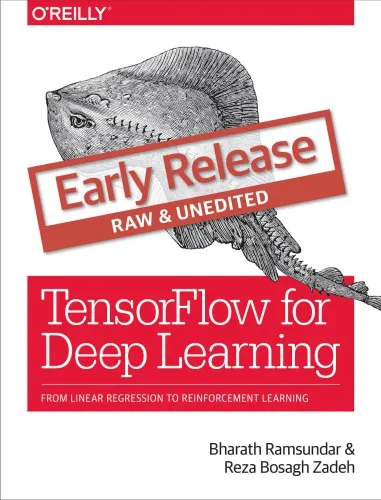
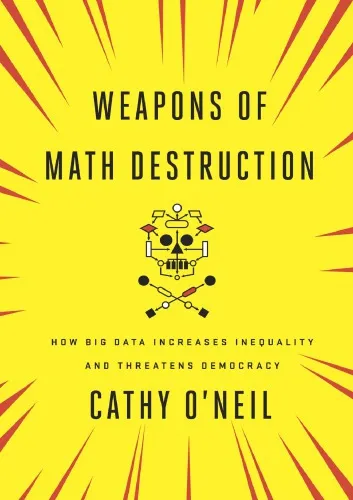
![Interpretable Machine Learning (2019) [Molnar] [9780244768522]](https://s3.refhub.ir/images/thumb/Interpretable_Machine_Learning__2019___Molnar_31477.webp)
